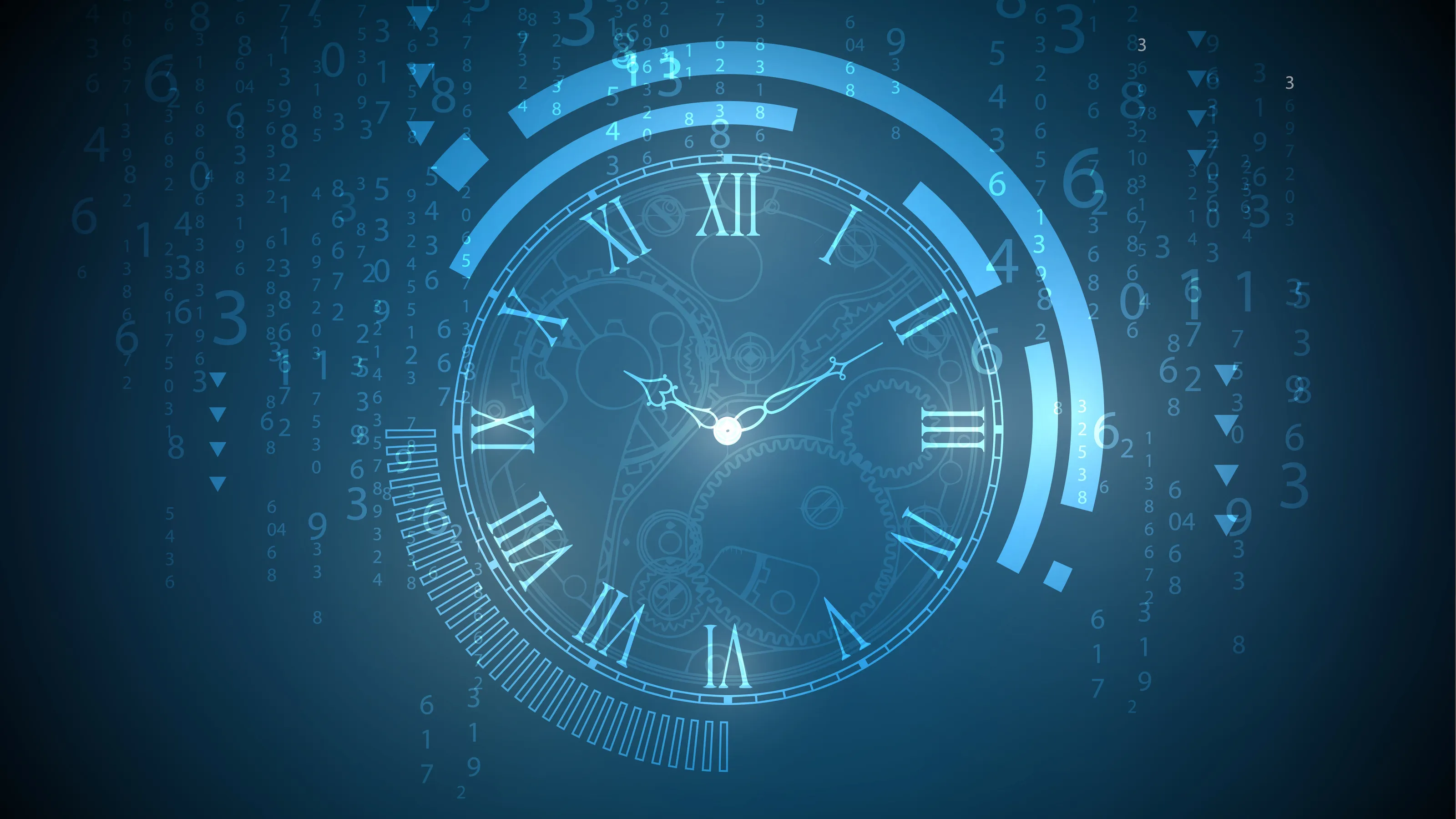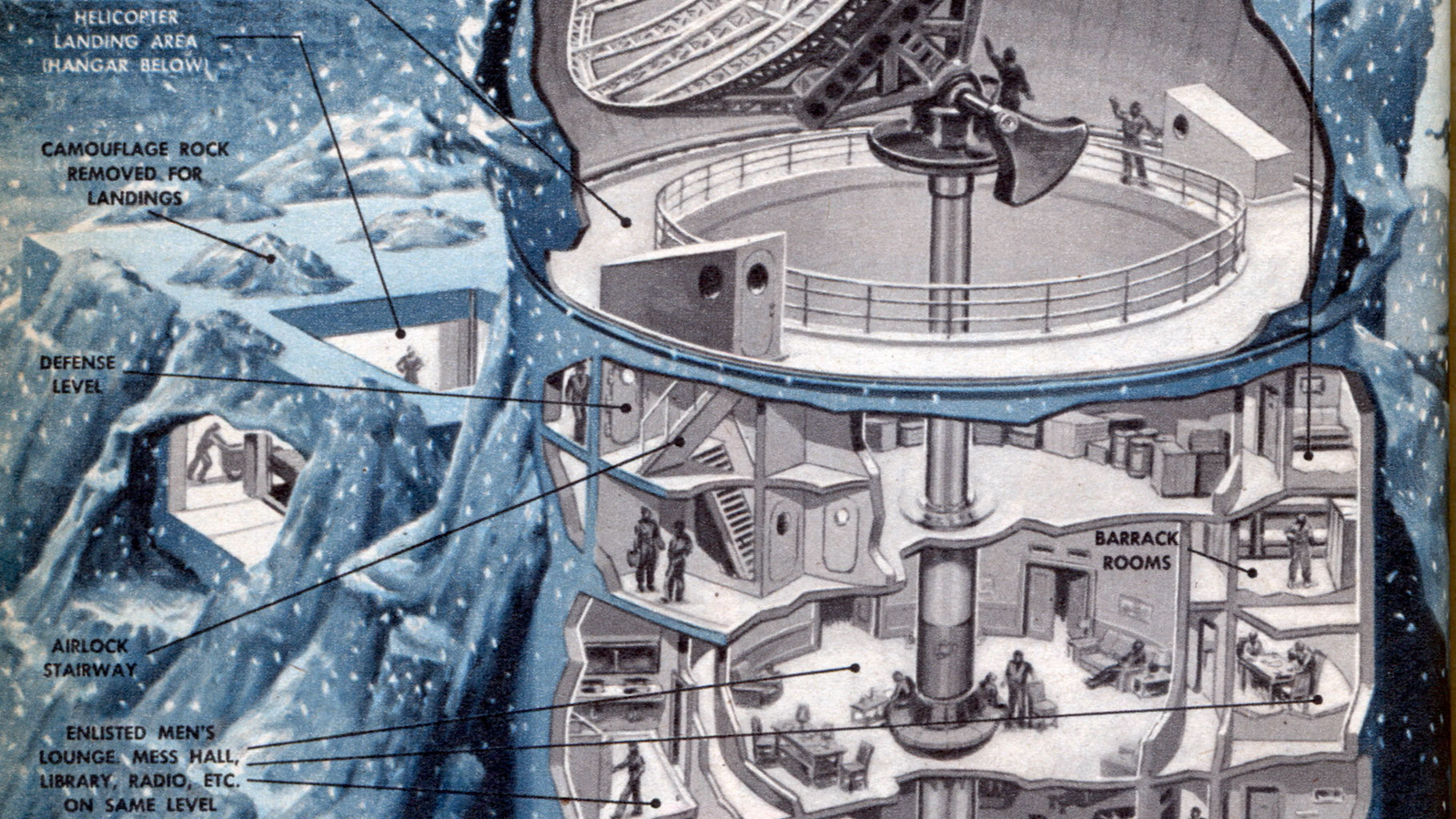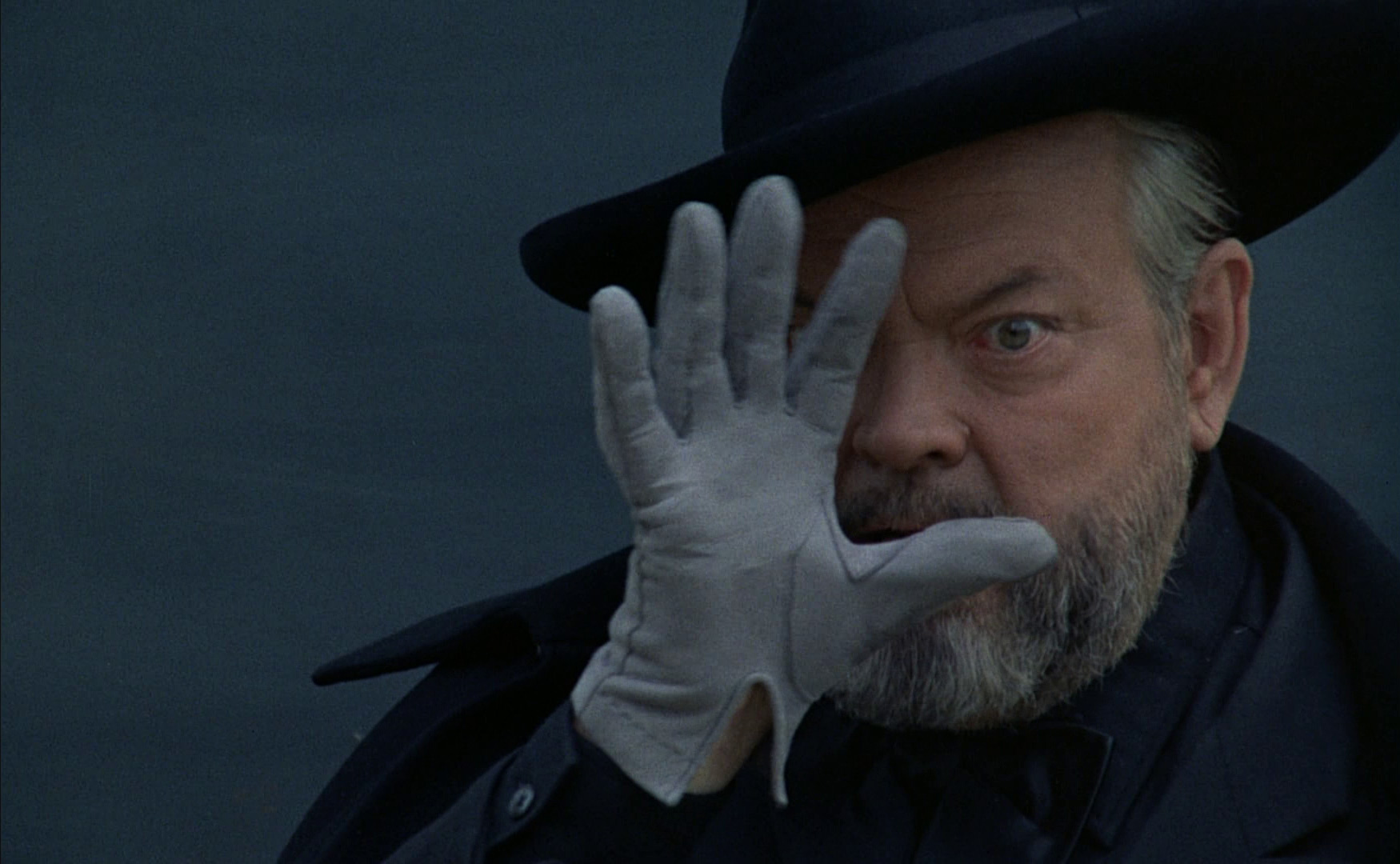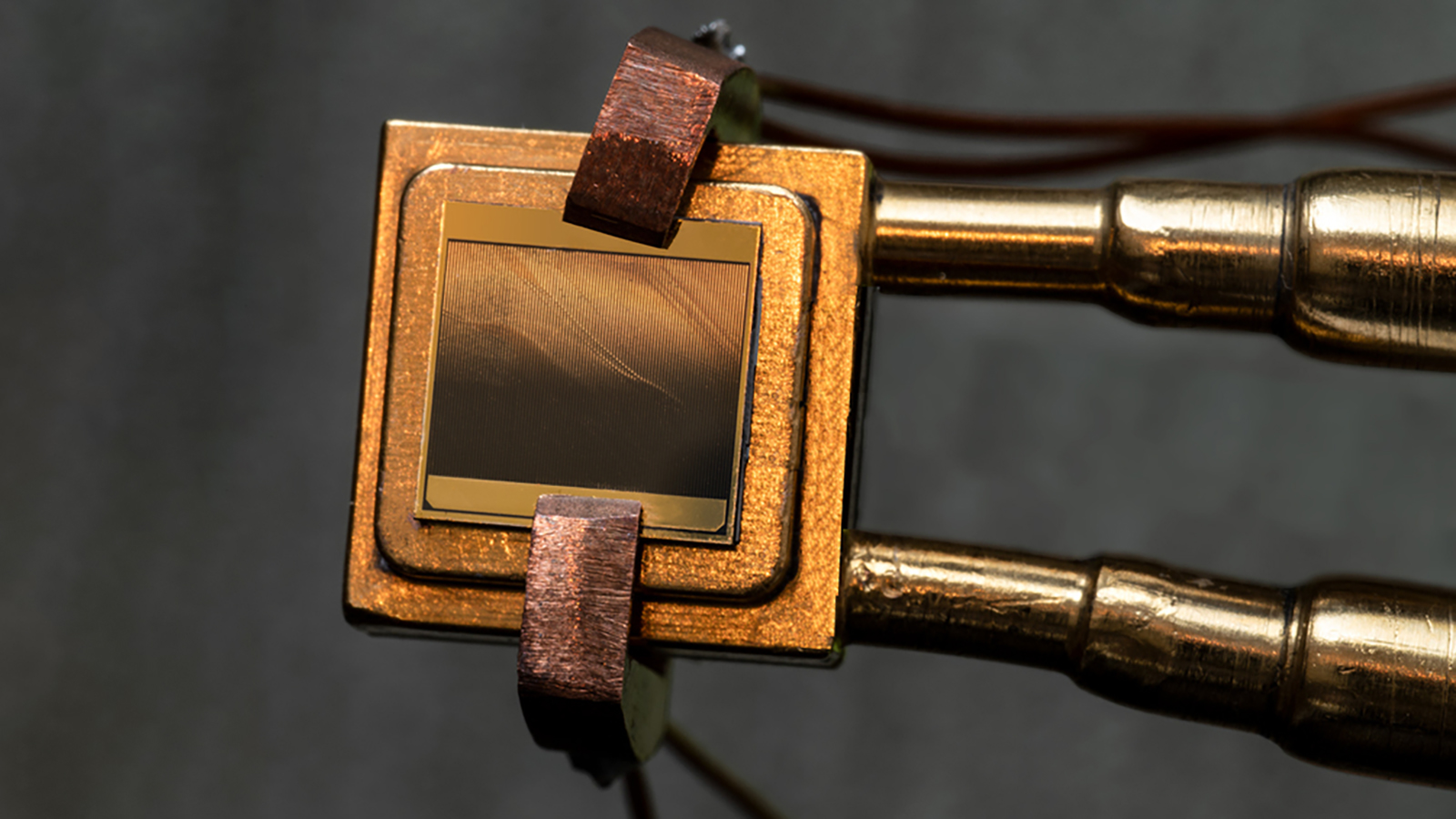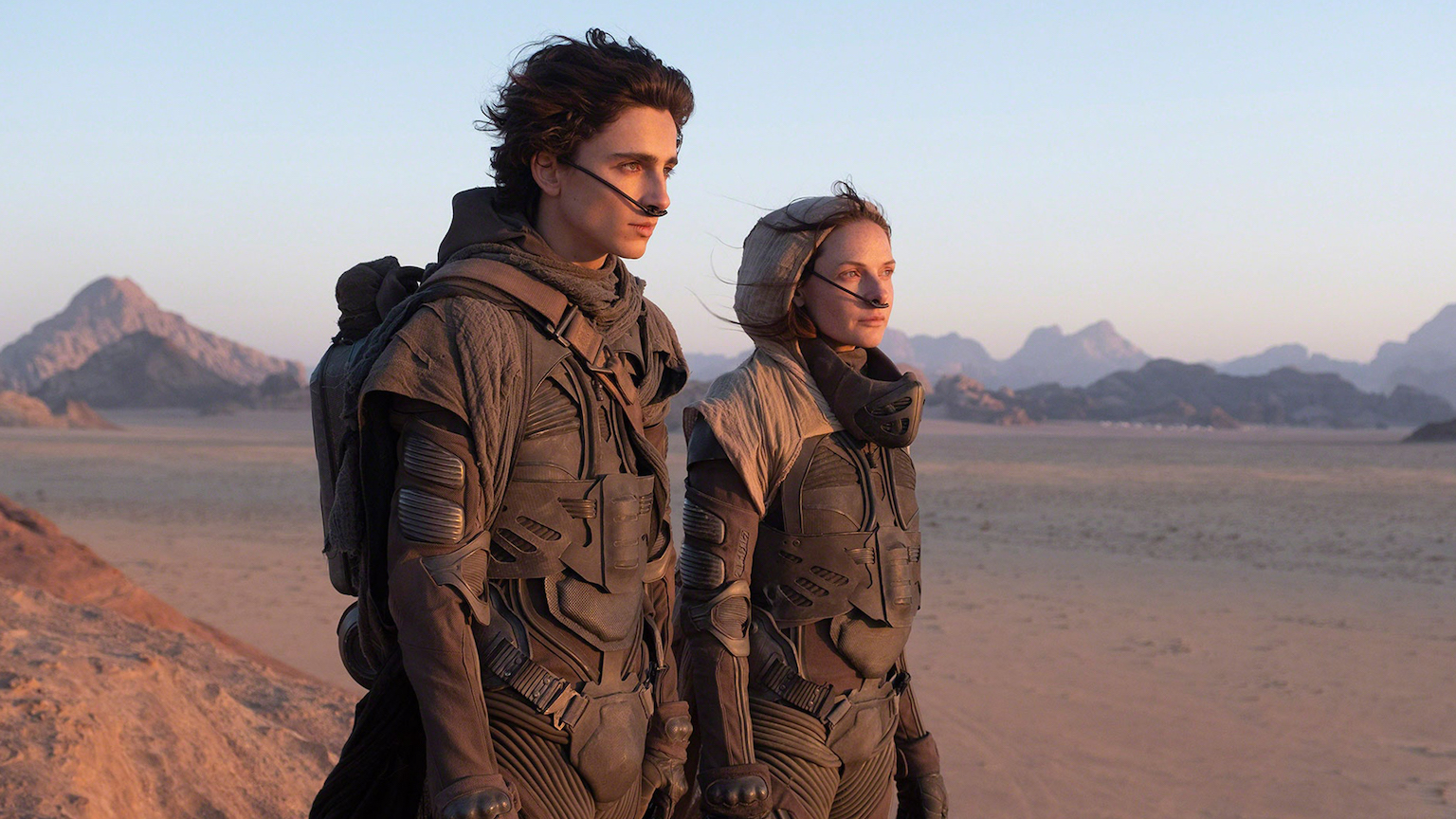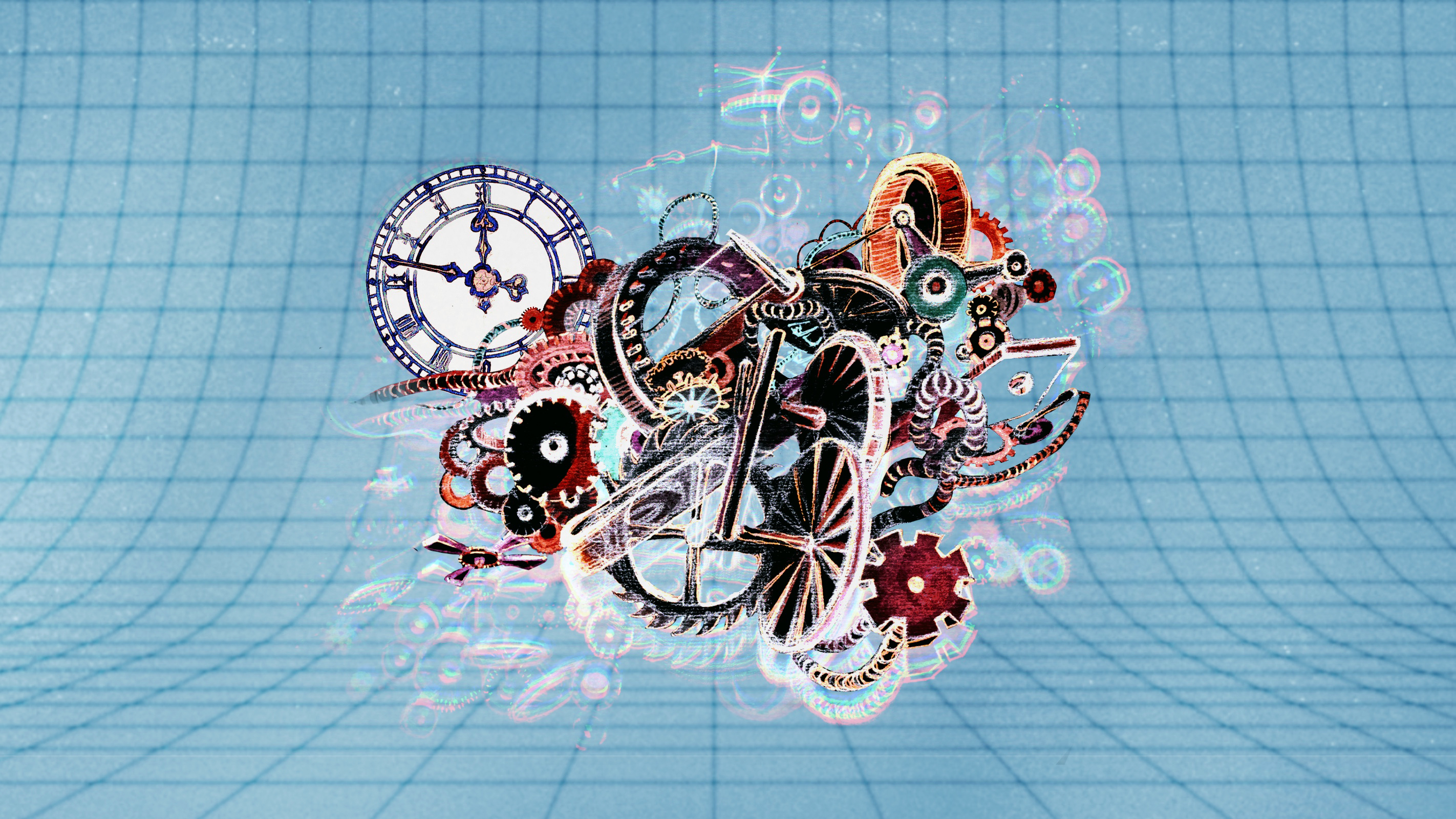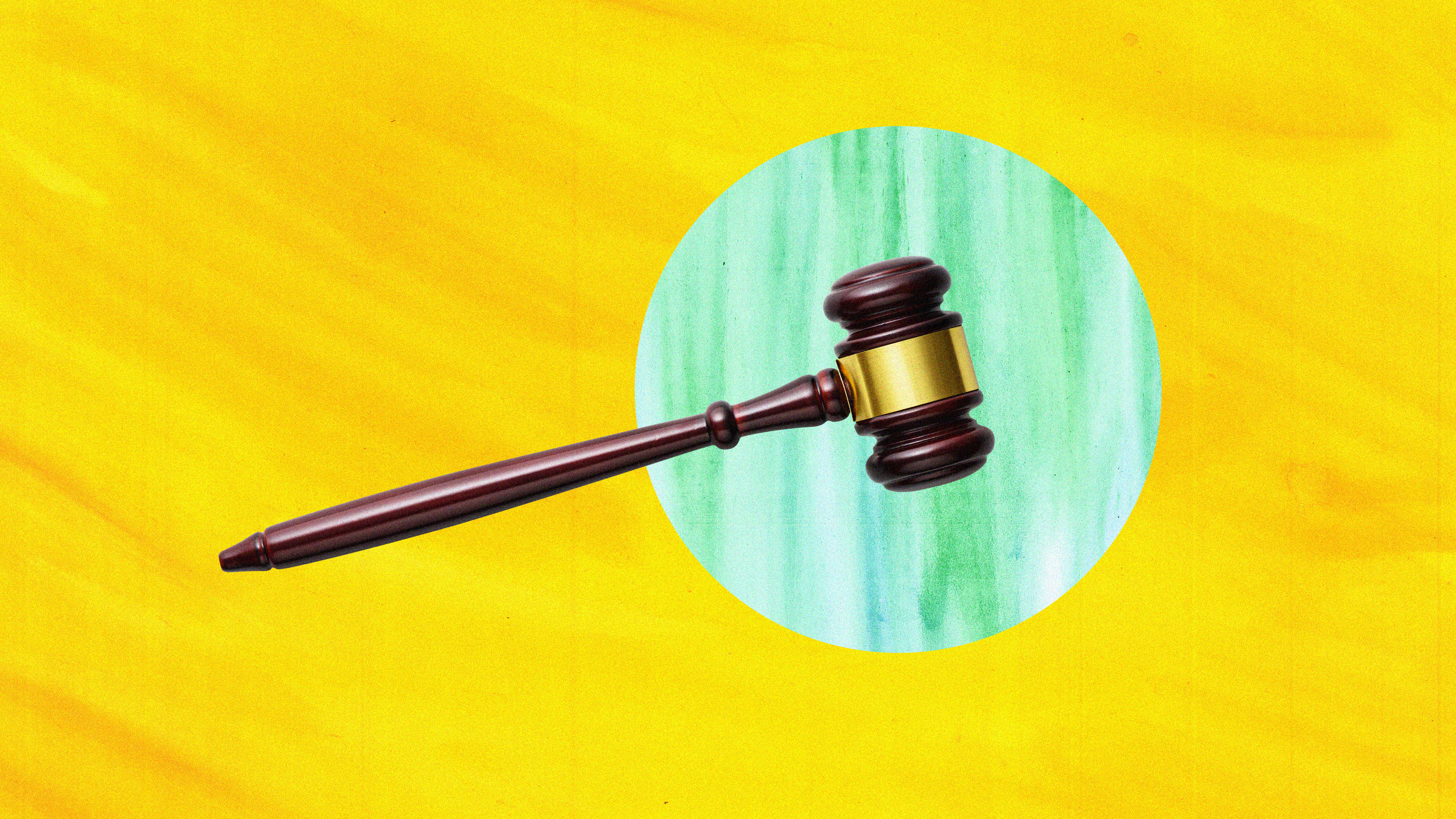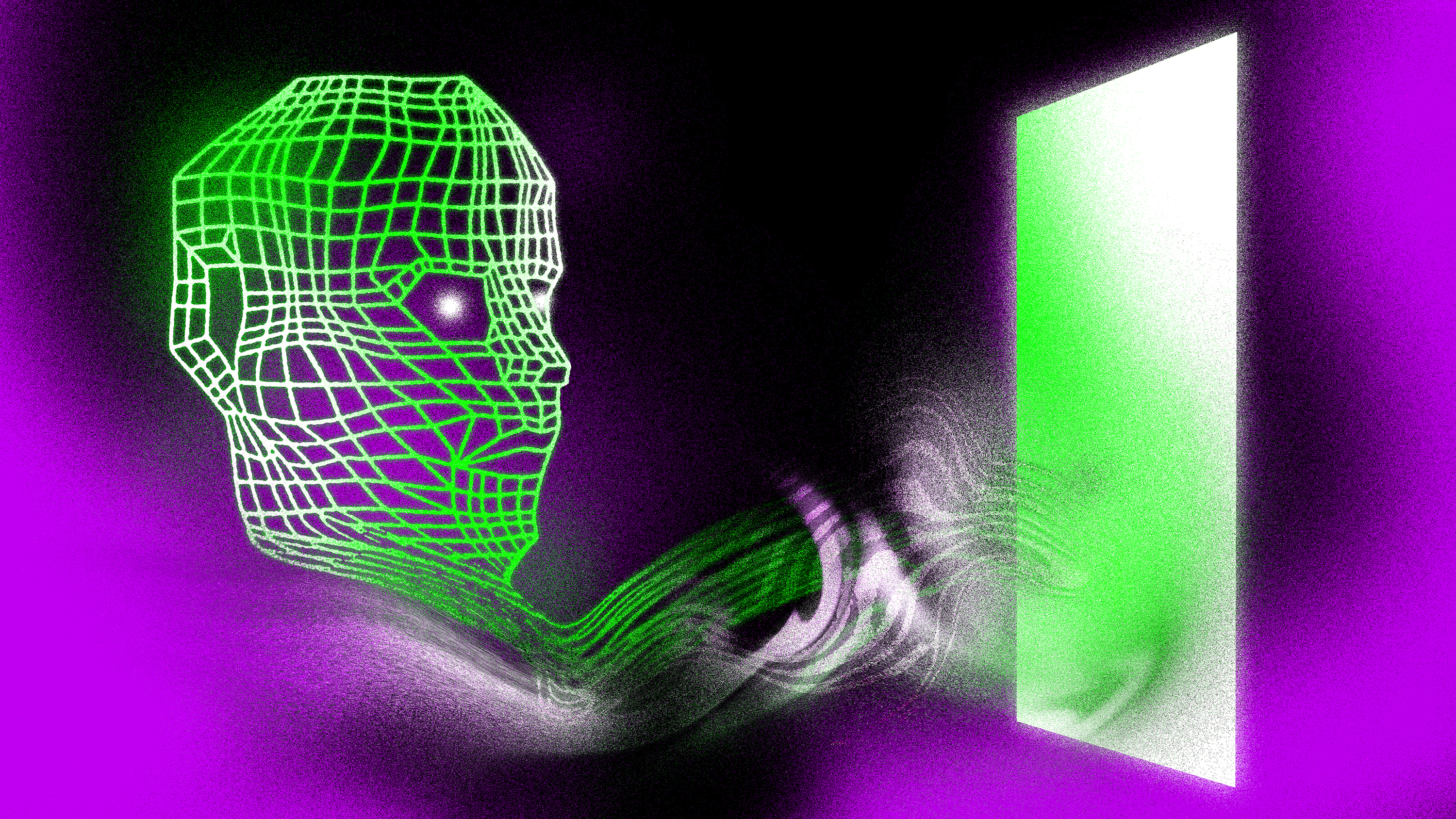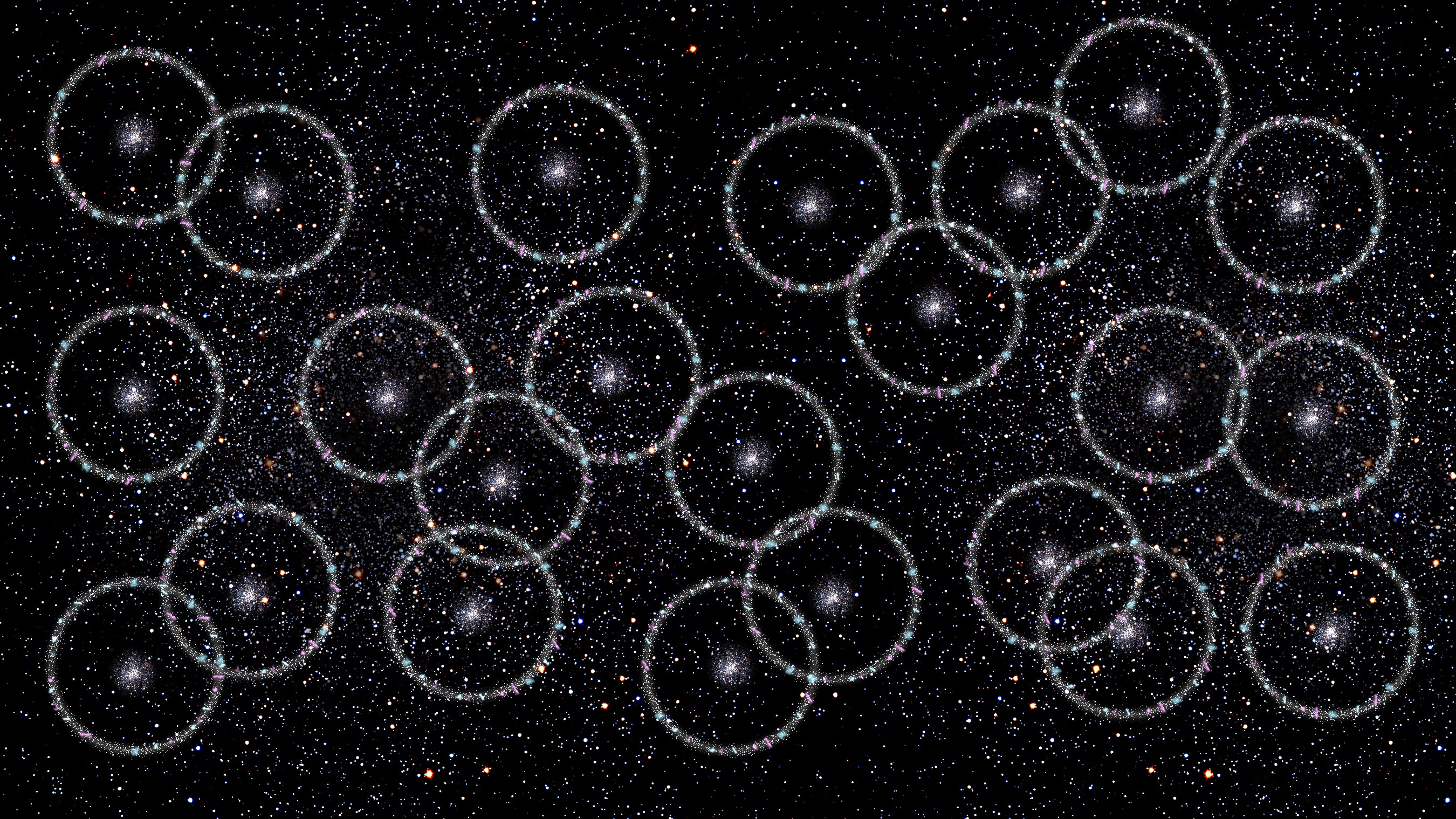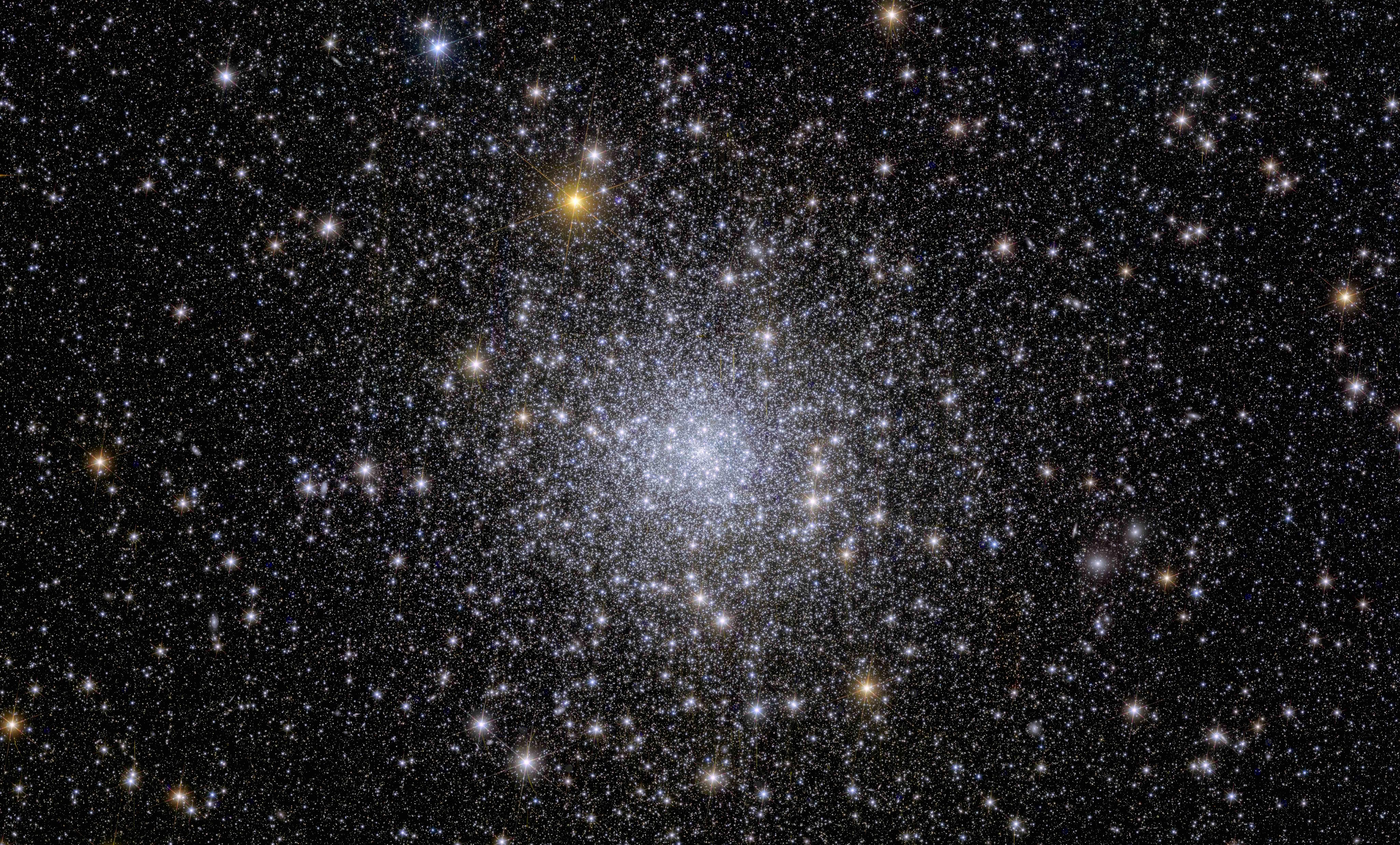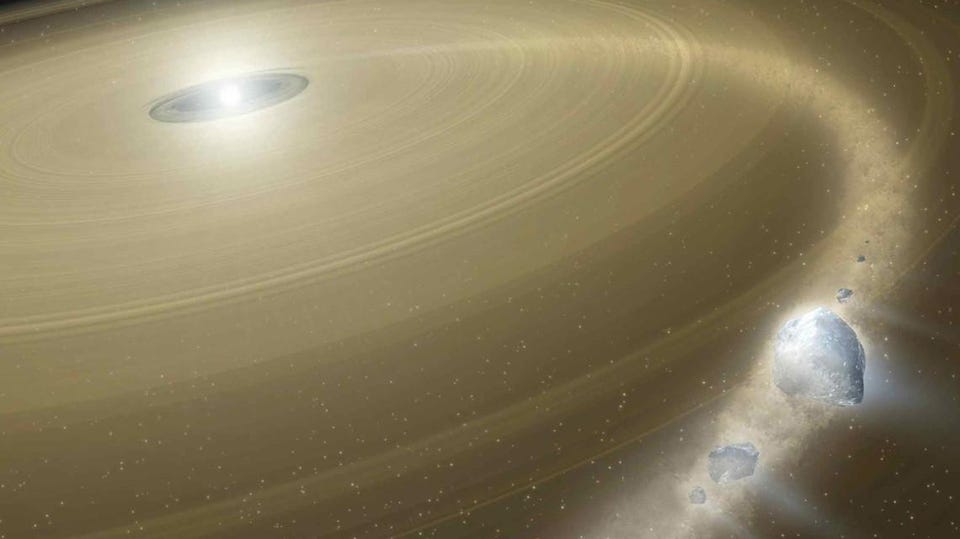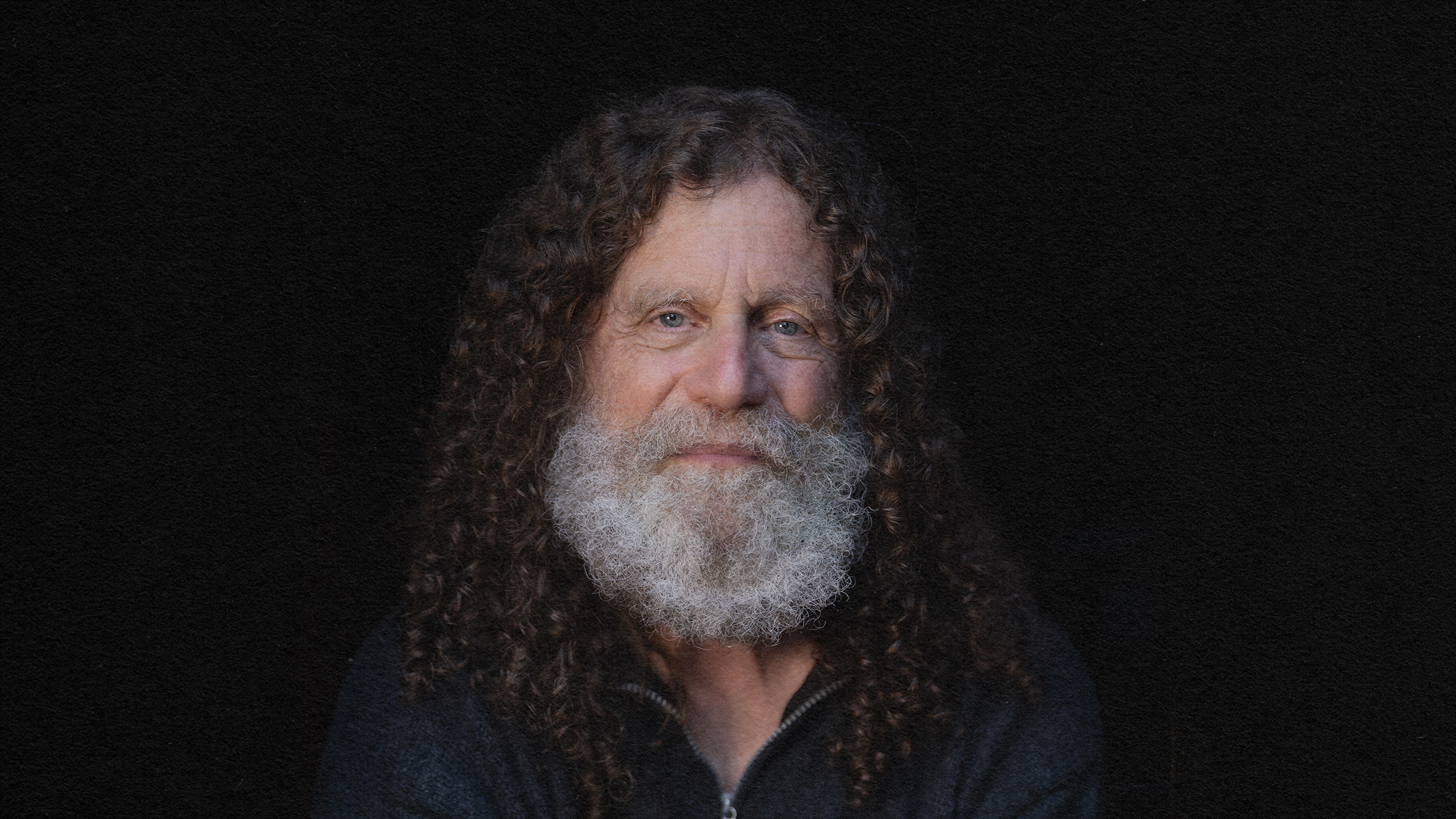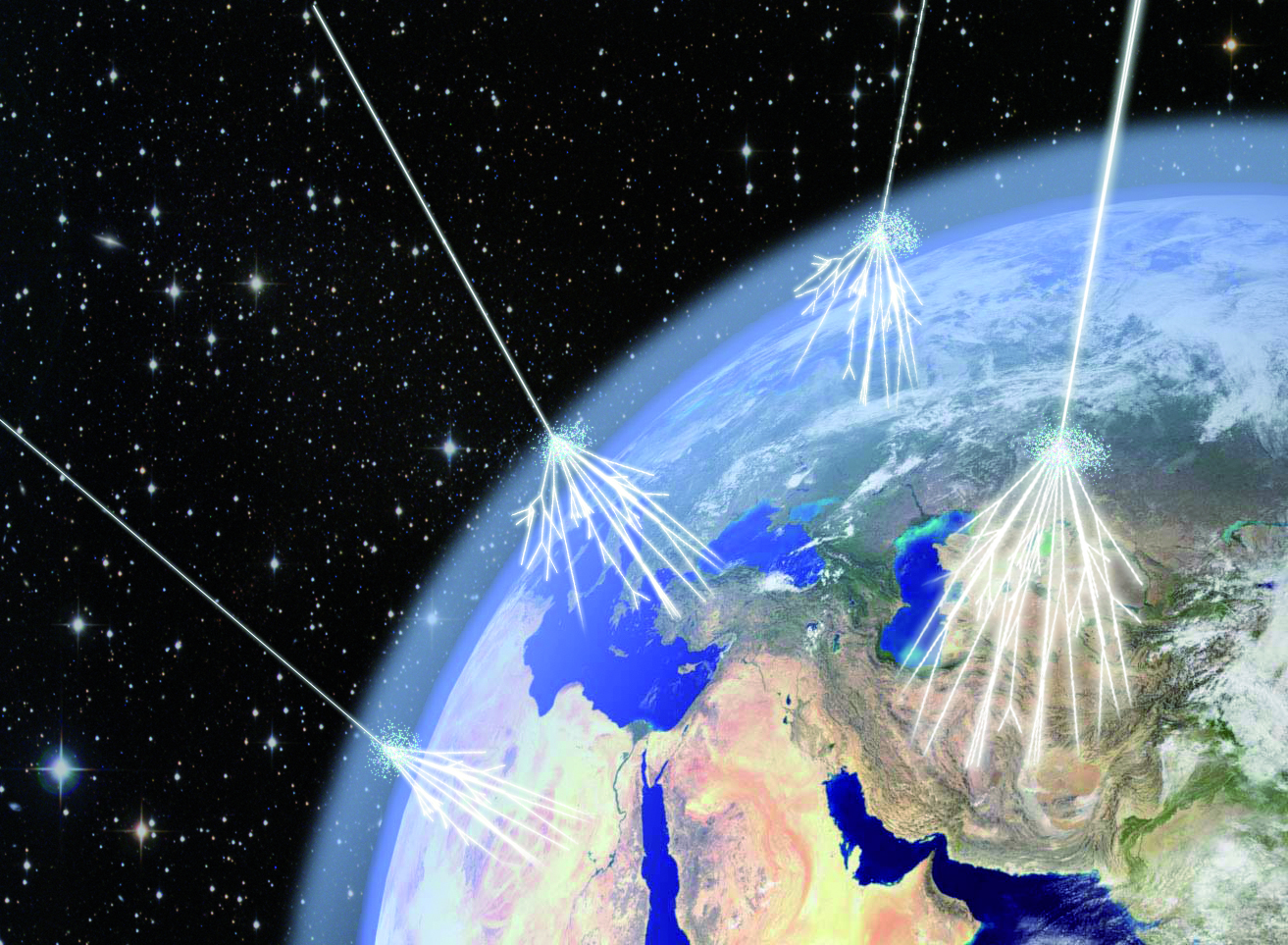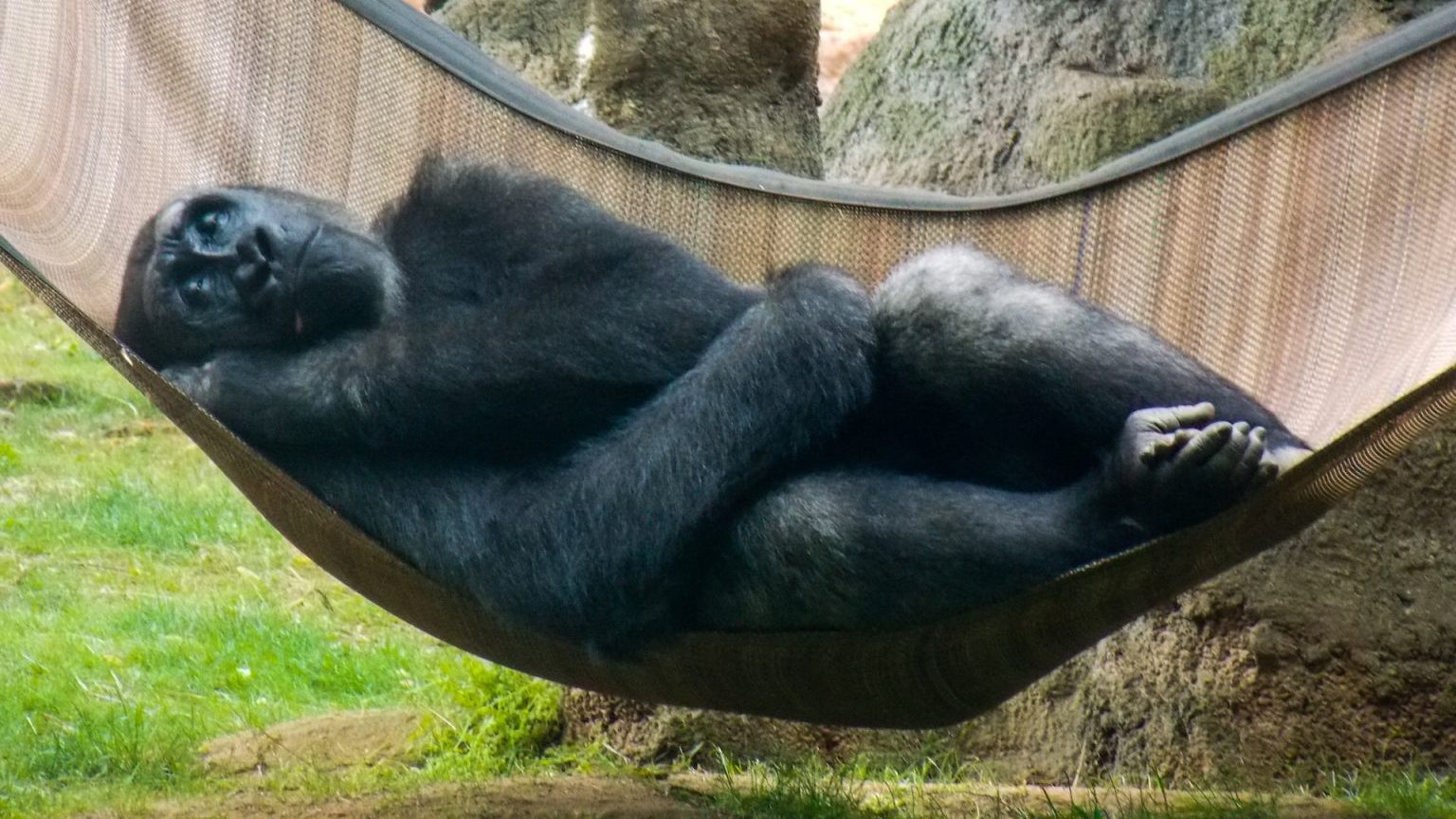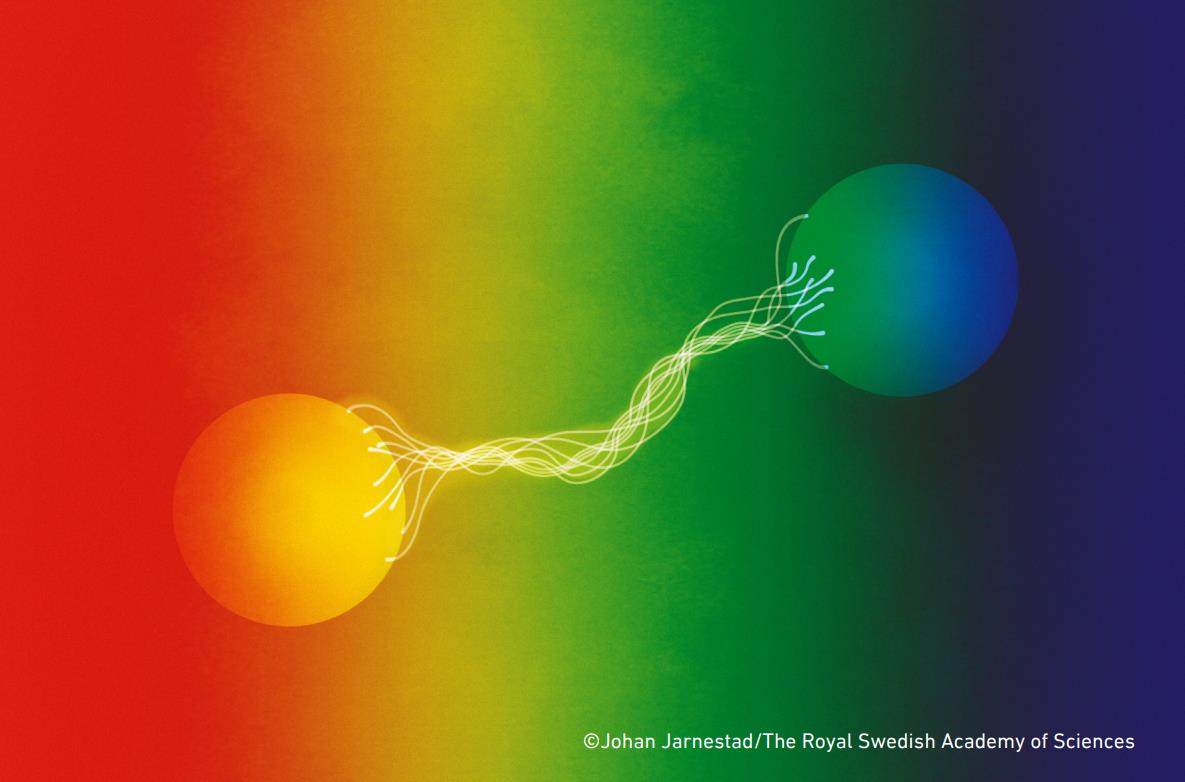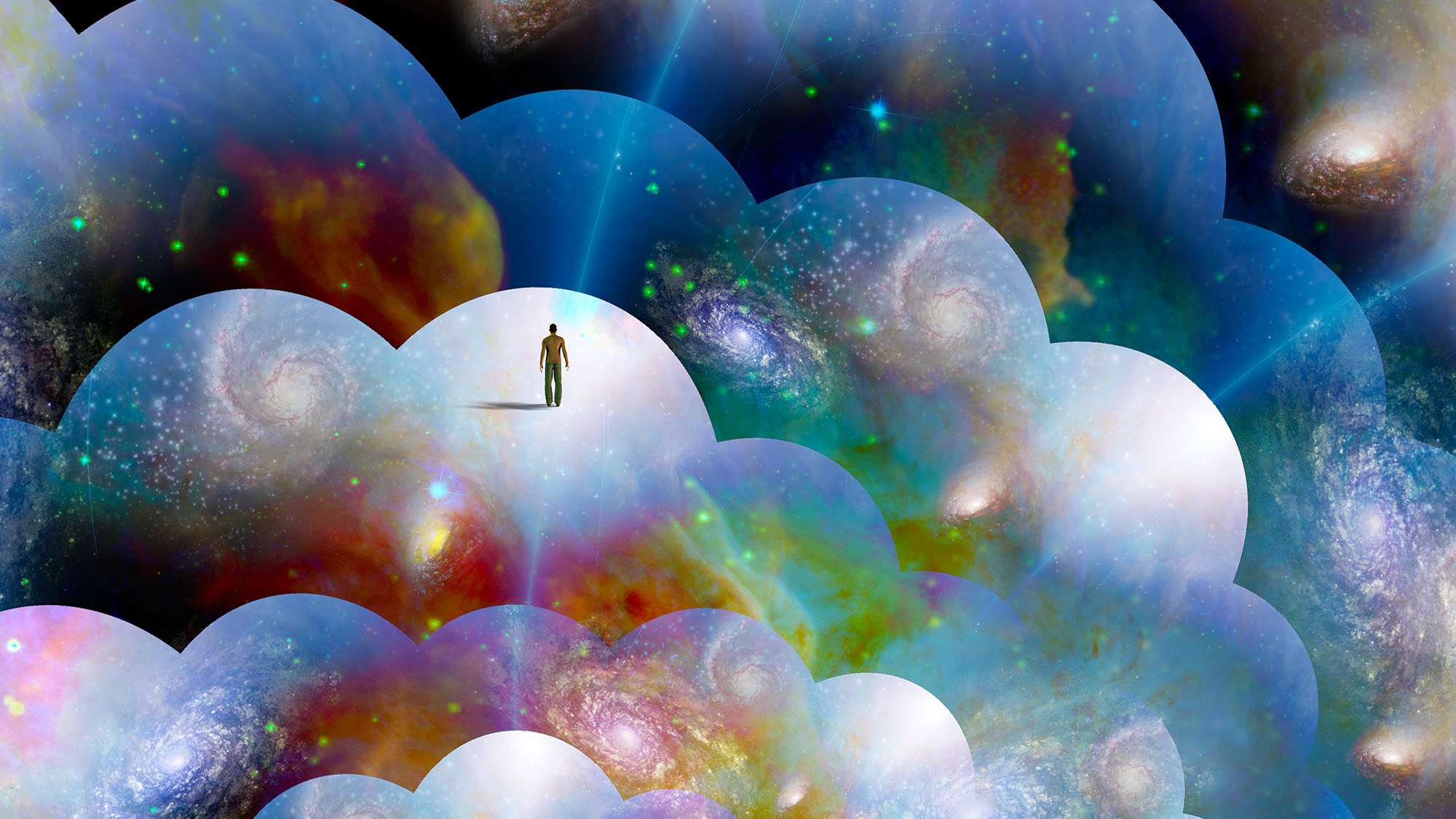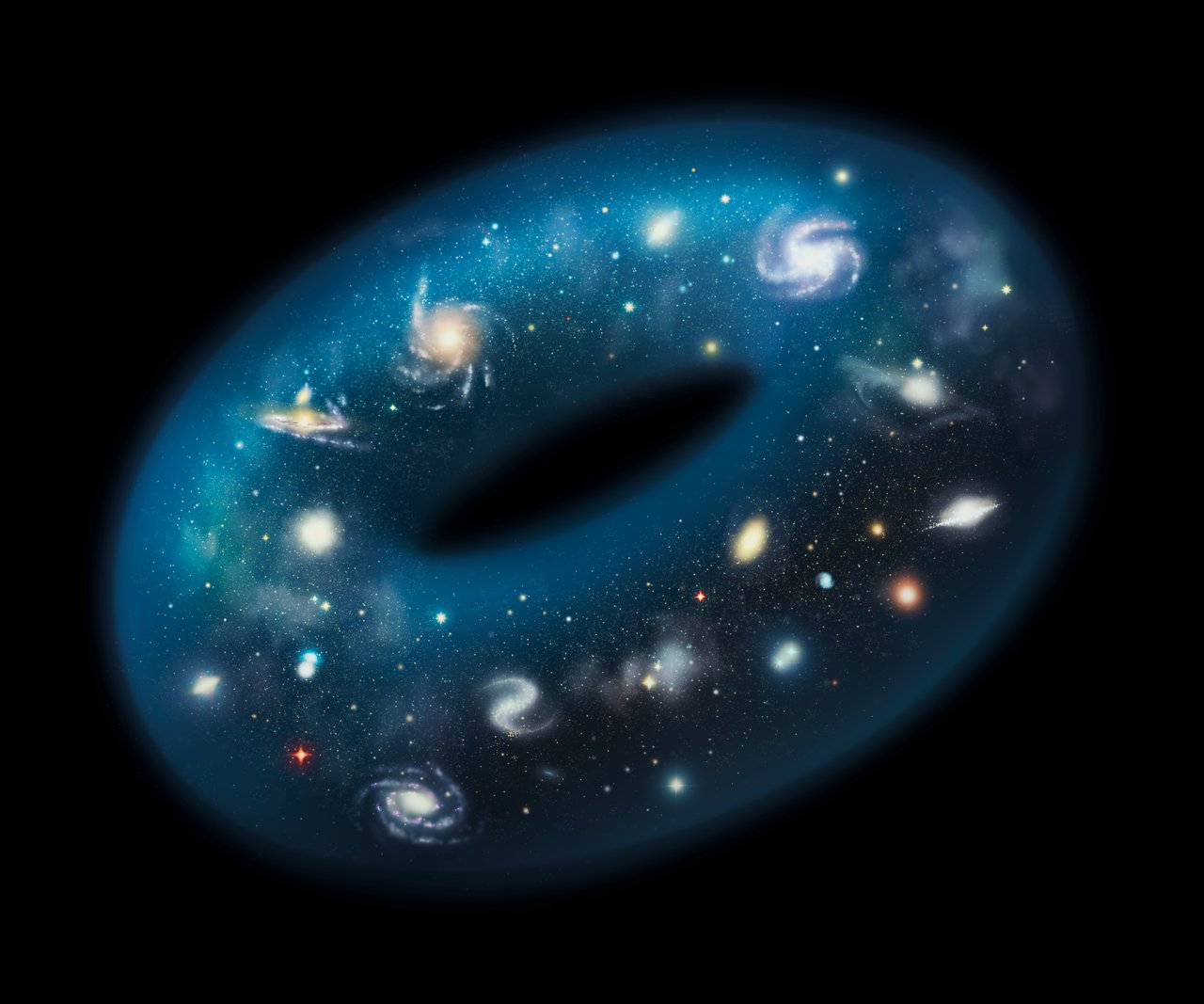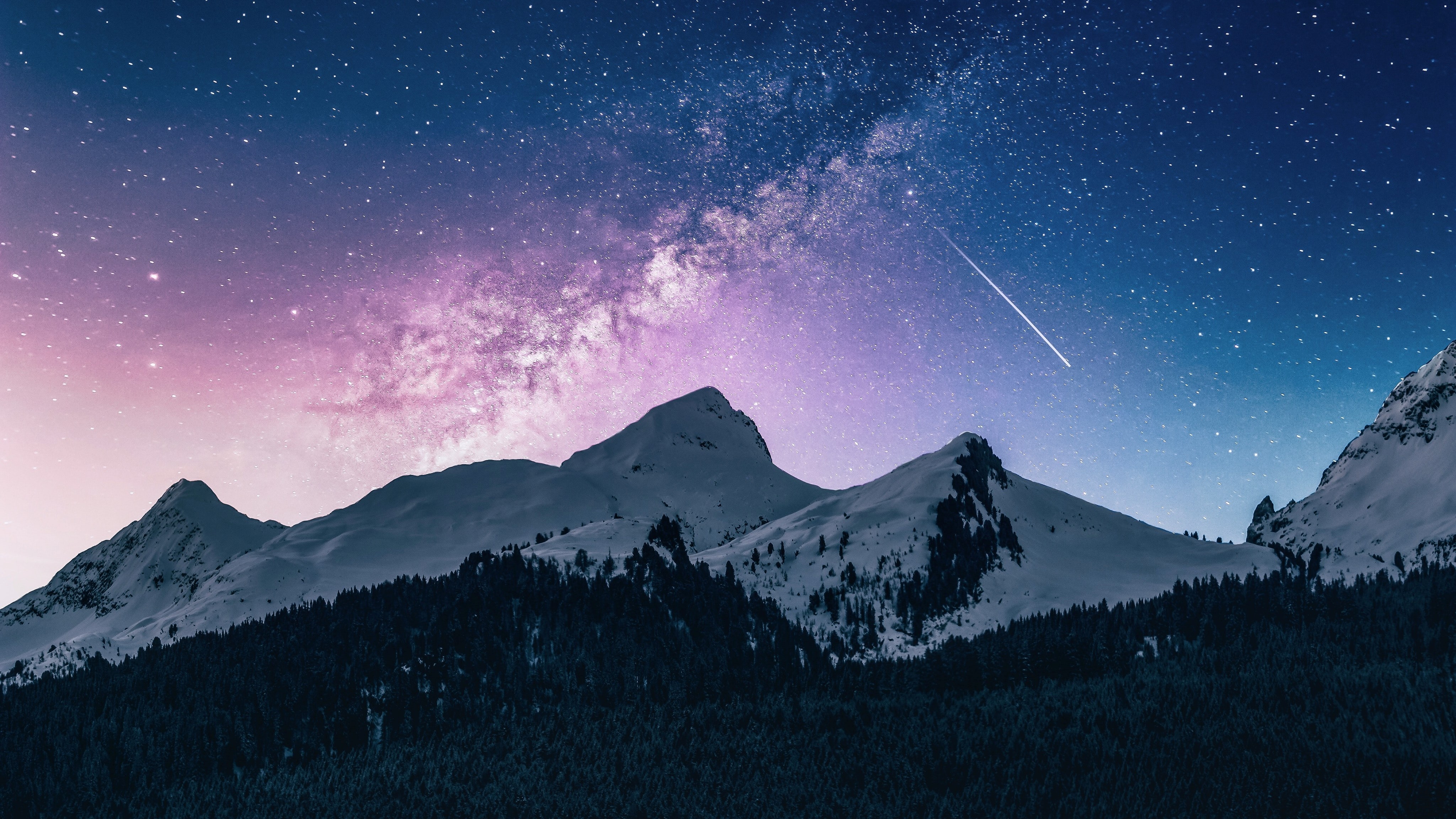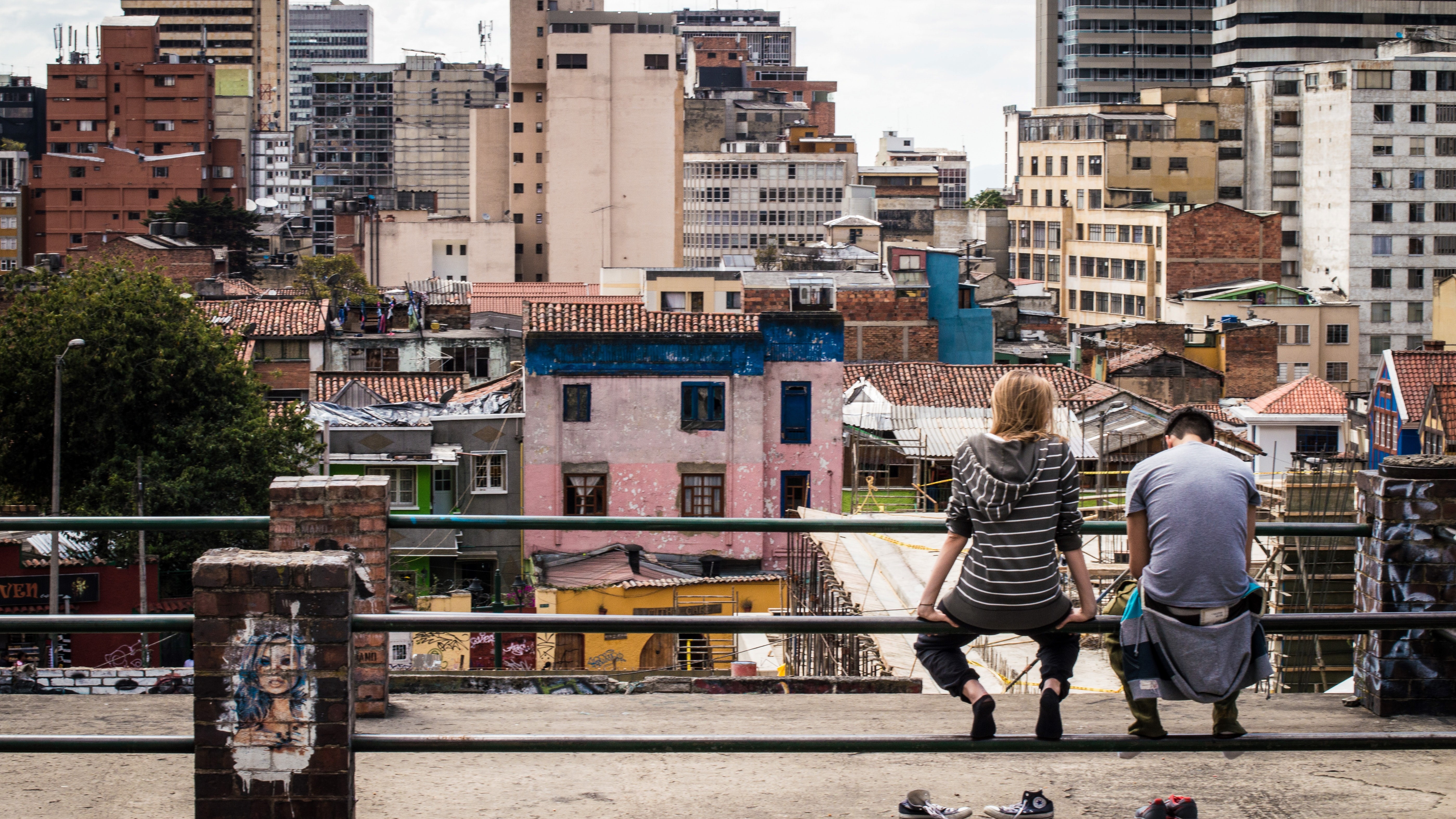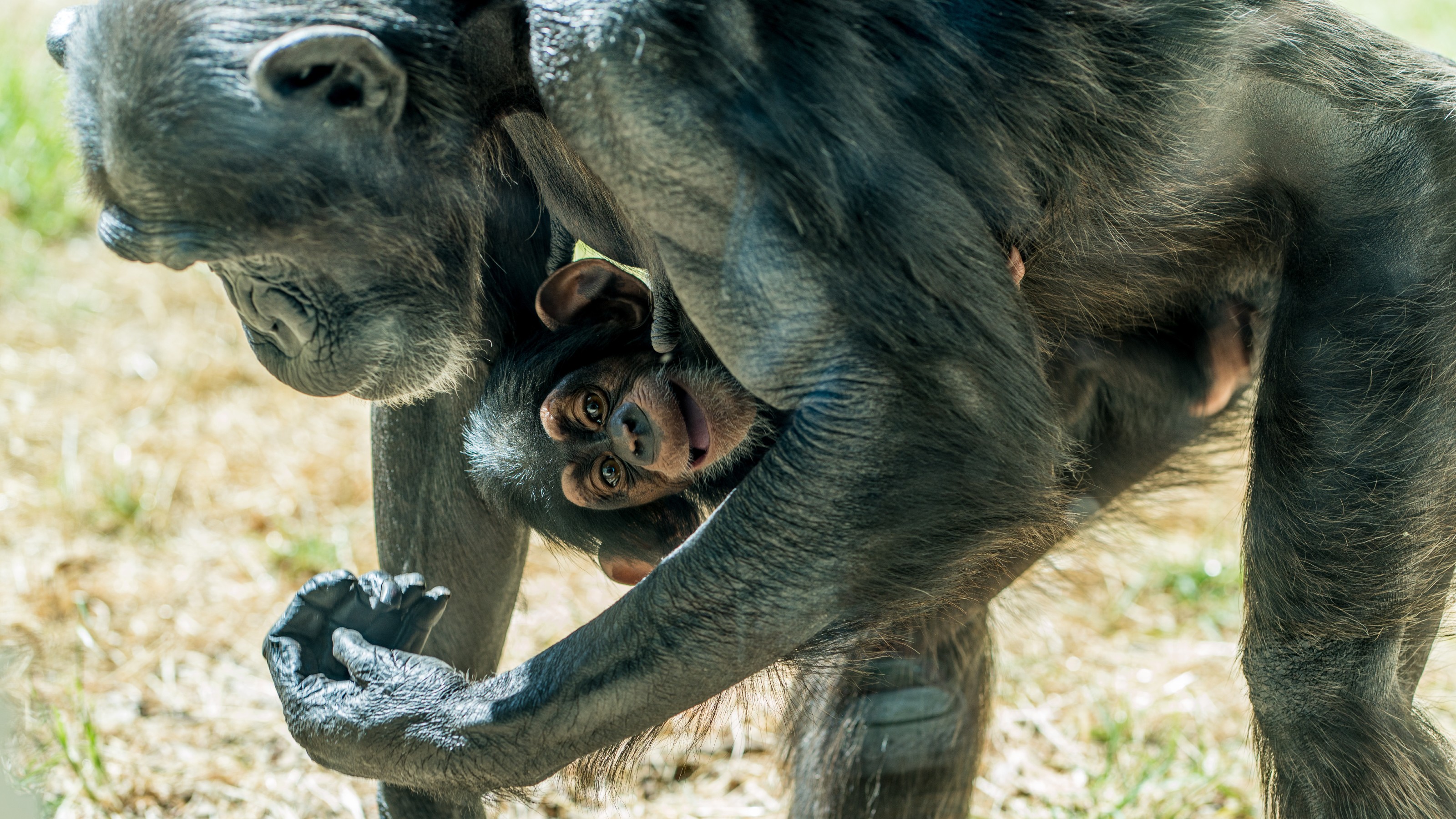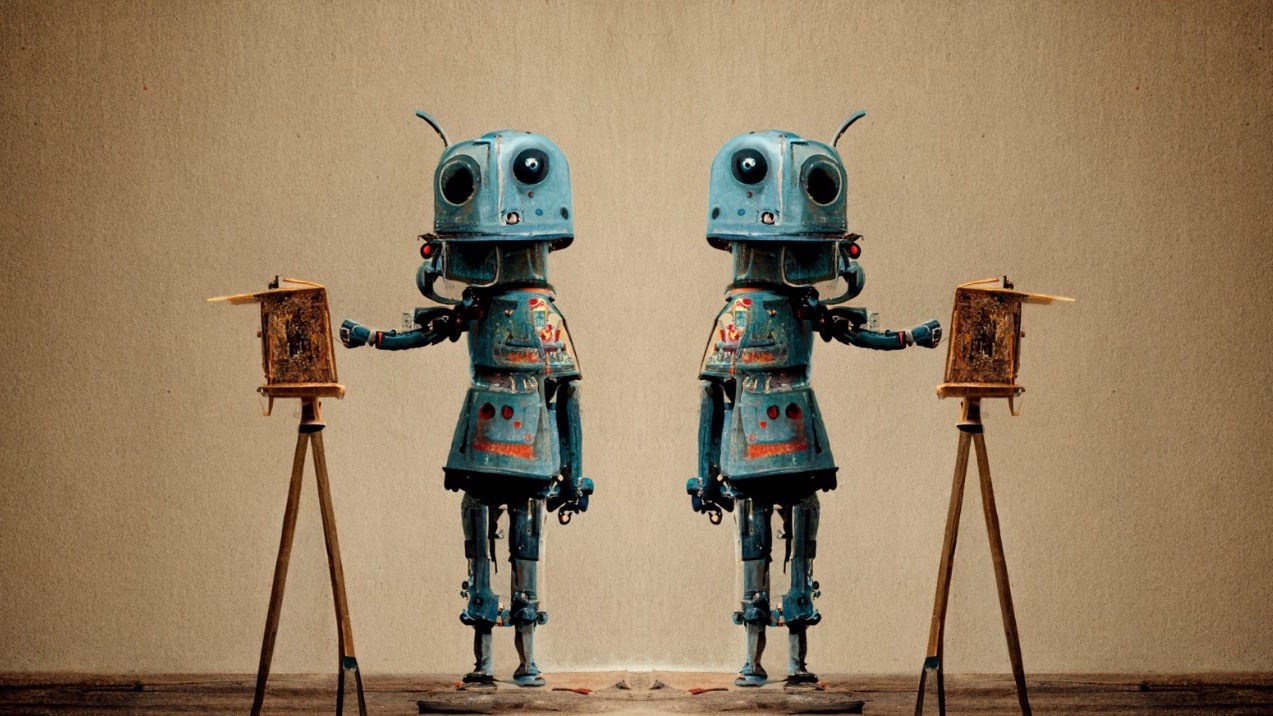Short-termism is both rooted in our most primal instincts and encouraged by runaway technological development. How can we fight it?
Search Results
You searched for: Imagin today
Cold War meets Star Wars in this cut-away of a 1950 “rubber bubble,” the first line of defense against nuclear sneak attack.
Successful forgers are remembered as great conmen, not artists. This is strange, considering their forgeries fooled even the most seasoned critics.
Today, we could use Big Data to radically reform democracy. Tomorrow, we could build nanofabricators and usher in an era of abundance. Is society ready?
It has no moving parts and could allow us to tap into renewable energy year round.
In all the Universe, only a few particles are eternally stable. The photon, the quantum of light, has an infinite lifetime. Or does it?
In determining what qualifies as solid science, controversy is inevitable.
It is through speaking and listening that human beings become who they are.
Tighten your ‘thopter seatbelts and get those worm-hooks ready: we’re going to unpack the hype surrounding Dune, both the book and the movie.
Helplessness isn’t learned — it’s an instinctual response that can be overcome.
The most important events in history have nothing to do with politics or wars.
Memory, responsibility, and mental maturity have long been difficult to describe objectively, but neuroscientists are starting to detect patterns. Coming soon to a courtroom near you?
Large language models are an impressive advance in AI, but we are far away from achieving human-level capabilities.
A spherical structure nearly one billion light-years wide has been spotted in the nearby Universe, dating all the way back to the Big Bang.
There was a lot of hype and a lot of nonsense, but also some profoundly major advances. Here are the biggest ones you may have missed.
Sometimes, going “deeper” doesn’t reveal the answers you seek. By viewing more Universe with better precision, ESA’s Euclid mission shines.
From life on Earth to the planet itself, there are four ways our planet will actually experience “the end,” no matter how we define it.
A volley of new insights reignites the debate over whether our choices are ever truly our own.
Particles are everywhere, including particles from space that stream through the human body. Here’s how they prove Einstein’s relativity.
Ancient humans may have evolved to slumber efficiently — and in a crowd.
They say that nobody understands quantum mechanics. But thanks to these three pioneers in quantum entanglement, perhaps we do.
There is nothing more important to science than its ability to prove ideas wrong.
“How can we live without our lives? How will we know it’s us without our past?” Steinbeck writes.
Is the Universe finite or infinite? Does it go on forever or loop back on itself? Here’s what would happen if you traveled forever.
Shooting star or piece of space dust?
Wireless charging isn’t just for phones and laptops. It could also power medical devices like heart implants.
The decline of global poverty is one of the most important achievements in history, but the end of poverty is still very far away.
The psychology of alien contact largely revolves around the concept of “otherness.” We need to learn to be comfortable around strange things.
Why, exactly, should you die for your child?
Who should be compensated?
